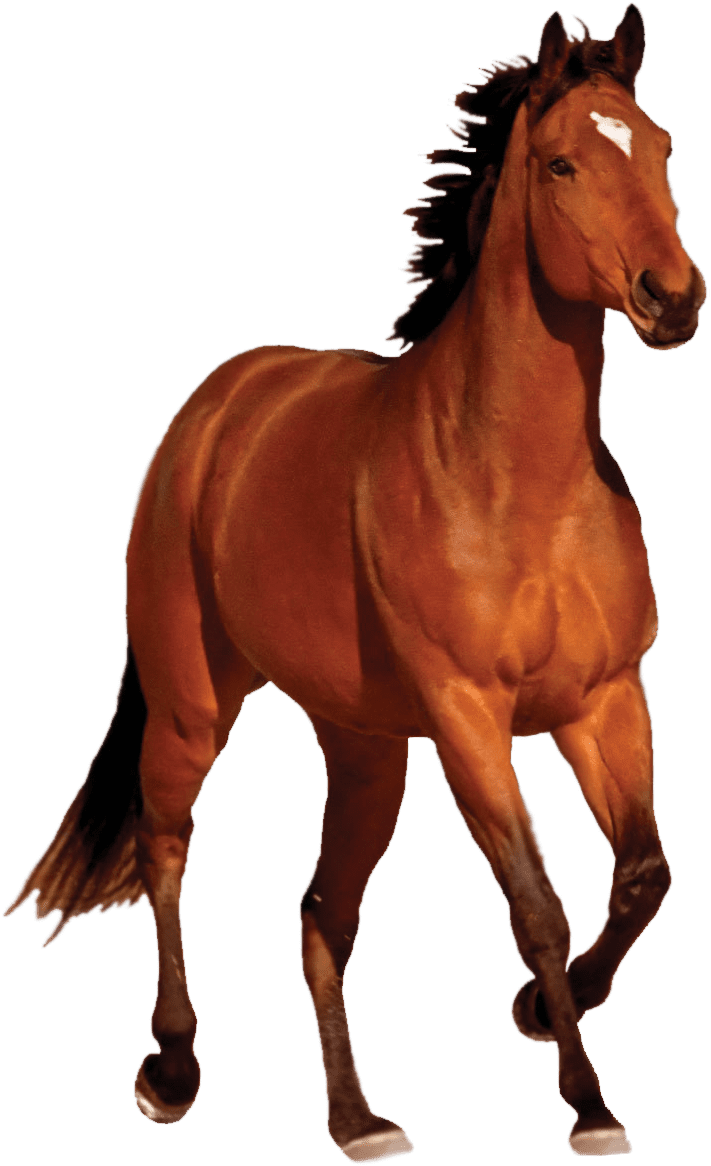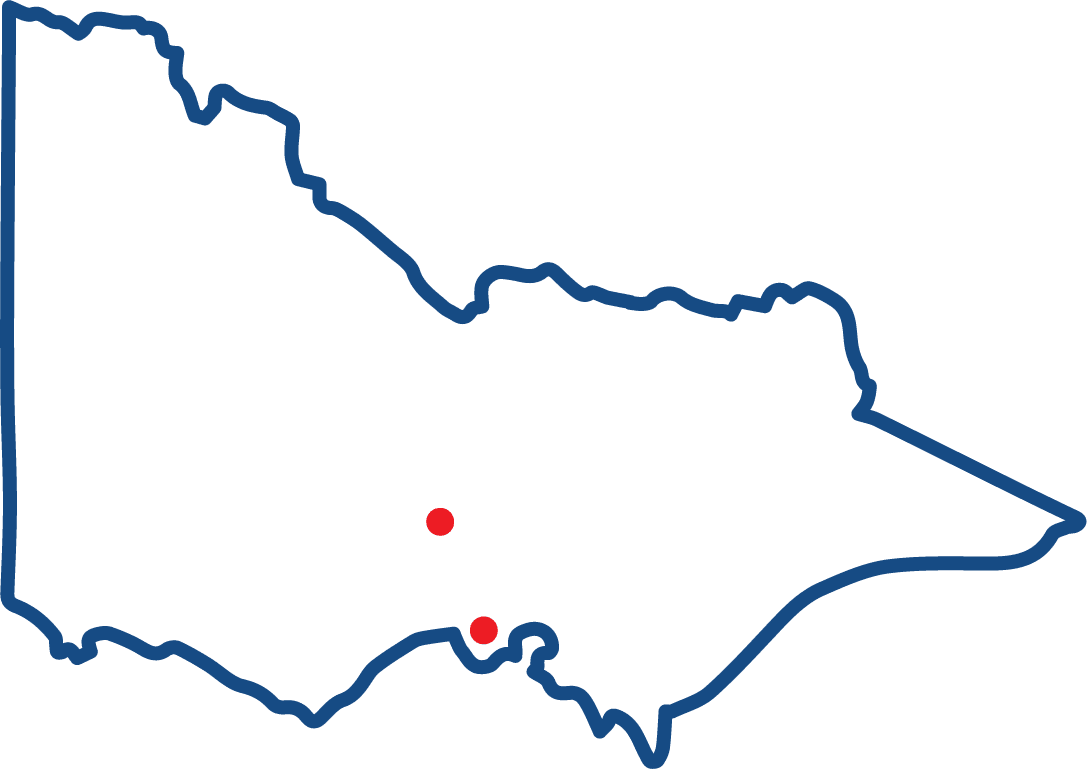Racehorses are a vital component of the horse racing industry, known for their exceptional speed, athleticism, and competitive spirit.
For those interested in becoming racehorse owners, the process begins with finding the right horse to purchase.
Race Horses For Sale
One such avenue to explore is the website www.simonzahra.racing , which offers a platform for buying racehorses.
This website, operated by Simon Zahra, an accomplished horse racing trainer and industry professional, provides valuable resources and information for potential buyers looking to acquire high-quality racehorses.
By leveraging this platform, aspiring owners can gain access to a curated selection of racehorses available for purchase, enabling them to embark on an exciting journey in the world of horse racing.
Factors To Consider When Buying Racehorses
When buying racehorses, there are several important factors to consider. These factors will help ensure that you make an informed decision and select a horse that aligns with your racing goals and objectives. Here are some key factors to consider:
Budget considerations
Determine your budget for purchasing a racehorse, taking into account not only the initial purchase price but also the ongoing costs of ownership, such as training, veterinary care, and maintenance.
Racing goals and objectives
Clarify your racing objectives, whether you aim for prestigious stakes races, regional competitions, or other specific goals. This will help guide your selection process and influence the type of racehorse you should look for.
Bloodline and pedigree
Research the bloodline and pedigree of the racehorse. Consider the lineage of successful ancestors, as well as any notable sires and dams.
A strong pedigree can indicate potential racing abilities and may increase the horse’s value as a breeding prospect in the future.
Conformation and physical attributes
Evaluate the horse’s conformation and physical attributes. Look for a well-balanced body structure, good muscle definition, and sound legs.
A horse with a strong build and proper conformation is more likely to perform well and avoid potential injuries.
Racing history and performance records
Review the racehorse’s past performance records, including race results, speed figures, and times. Analyze their consistency, competitiveness, and ability to perform under different race conditions.
Health and veterinary examination
Prioritize the health of the racehorse by conducting a thorough veterinary examination. This should include checking for any underlying health issues, soundness evaluations, and reviewing medical records. A healthy horse is more likely to have a successful racing career.
Trainer input – Race Horses For Sale
Seek guidance and input from experienced trainers or bloodstock agents who have expertise in evaluating racehorses. Their insights can be invaluable in assessing a horse’s potential and suitability for your racing objectives.
Long-term prospects – Race Horses For Sale
Consider the long-term prospects of the racehorse beyond its racing career. Evaluate its potential as a breeding stallion or broodmare once its racing days are over. This perspective can influence the horse’s value and future investment returns.
By considering these factors when buying racehorses, you can make a more informed decision and increase the likelihood of finding a horse that fits your racing aspirations and has the potential for success on the track.
Evaluating Race Horses For Sale
When evaluating racehorses for sale, it’s essential to conduct a comprehensive assessment to ensure you make an informed decision. Here are key areas to consider during the evaluation process:
Physical Inspection
Conformation and body structure
Evaluate the horse’s overall physique, looking for balance, proportion, and correct anatomical features. Assess the alignment of legs, feet, and joints for soundness.
Soundness and athleticism
Observe the horse’s movement, assessing its stride length, flexibility, and coordination. Look for signs of any lameness or physical limitations that could affect performance.
Reviewing Pedigrees and Bloodlines
Stud records and performance
Research the performance history of the sire and dam, including their racing achievements and progeny records. Look for successful offspring in relevant racing disciplines.
Sire and dam analysis
Assess the racing and breeding qualities of both the sire and dam. Consider their racing careers, genetics, and notable progeny to gauge the horse’s potential.
Assessing Racing History and Performance
Past race results: Review the horse’s racing record, including the number of races competed, wins, placements, and any notable achievements. Analyze its performance in different race conditions.
Speed figures and times: Examine the horse’s speed figures and race times to gauge its speed potential and compare it with other horses in the same class or racing category.
Veterinary Examination And Health Assessment
Medical records: Request and review the horse’s medical history, including past injuries, illnesses, and treatments. Look for any recurring issues or potential red flags.
Physical health evaluation: Have a veterinarian perform a thorough examination, including assessing the horse’s overall health, soundness, and any potential health concerns that could affect performance.
Behavioral And Temperament Assessment
Observe the horse’s behavior and temperament during handling and interactions. Look for signs of good temperament, willingness to work, and adaptability, which can positively impact training and racing.
Training and Development
Evaluate the horse’s training program and progression. Consider the quality of training, the trainer’s reputation, and the horse’s response to training techniques.
Assess any specific training or conditioning needs the horse may require to meet your racing objectives.
By thoroughly evaluating racehorses for sale based on the factors mentioned above, you can gain valuable insights into their potential, performance capabilities, and suitability for your racing goals. It is advisable to consult with industry professionals, such as trainers or bloodstock agents, who can provide expertise and guidance throughout the evaluation process.
After Purchase Care
After purchasing a racehorse, providing proper care and management is crucial to ensure its well-being and optimize its performance on the track. Here are some key aspects of post-purchase care:
Transport and stable arrangements
- Arrange safe and comfortable transportation for the horse from the point of purchase to its new stable or training facility.
- Prepare a suitable stable environment that provides adequate space, ventilation, and cleanliness.
- Ensure the stable is equipped with appropriate bedding, feeding arrangements, and watering facilities.
Training and conditioning
- Enroll the horse in a reputable training program or hire an experienced trainer who specializes in racehorses.
- Develop a structured training plan tailored to the horse’s individual needs, focusing on building fitness, stamina, and race-specific skills.
- Regularly monitor the horse’s progress, adjusting the training regimen as necessary to maximize its potential.
Nutrition and dietary requirements
- Consult with an equine nutritionist or veterinarian to develop a balanced and nutritionally appropriate diet for the racehorse.
- Provide high-quality hay, grains, and concentrates that meet the horse’s energy, protein, vitamin, and mineral requirements.
- Consider any specific dietary needs or restrictions based on the horse’s health conditions, training intensity, and racing schedule.
Regular veterinary check-ups and health management
- Schedule routine veterinary visits for vaccinations, deworming, dental care, and overall health evaluations.
- Maintain a thorough record of the horse’s health and veterinary treatments, including medications and supplements.
- Address any health concerns promptly, seeking veterinary advice for diagnosis and treatment.
Farrier and hoof care
- Regularly schedule visits from a skilled farrier to maintain proper hoof health and balance.
- Keep the horse’s hooves trimmed, balanced, and shod appropriately to support optimal performance and prevent lameness.
Fitness monitoring and performance evaluation
- Regularly assess the horse’s fitness level through timed workouts, gallops, and simulated race conditions.
- Monitor performance indicators, such as heart rate, respiratory rate, and recovery times, to gauge the horse’s fitness progress.
Mental well-being and downtime
- Provide the horse with regular turnout or access to a paddock for exercise and social interaction.
- Allow for adequate rest and recovery periods to prevent physical and mental fatigue.
- Incorporate mental stimulation, such as varied training routines, trail rides, or turnout, to maintain the horse’s enthusiasm and well-being.
Regular communication with trainers and professionals
- Maintain open and regular communication with the horse’s trainer, veterinarian, farrier, and other professionals involved in its care.
- Discuss any concerns, observations, or updates related to the horse’s health, training, or performance.
By prioritizing the horse’s care, nutrition, training, and overall well-being, you can help optimize its potential and enhance its chances of success on the racecourse.
Remember that each racehorse is unique, so individualized care and attentions are essential for their development and long-term success.
Conclusion– Race Horses For Sale
Purchasing a racehorse is an exciting venture that requires careful consideration and diligent care. By evaluating factors such as conformation, pedigree, racing history, and health, you can make an informed decision when buying a racehorse.
Once the purchase is complete, providing proper care, including transport, stable arrangements, training, nutrition, veterinary check-ups, and mental well-being, is essential for the horses overall health and performance.
Regular communication with trainers and professionals involved in the horse’s care ensures that it receives the attention it needs.
With dedication and proper post-purchase care, you can set the stage for a rewarding journey in the world of horse racing and increase the chances of success for your racehorse.





